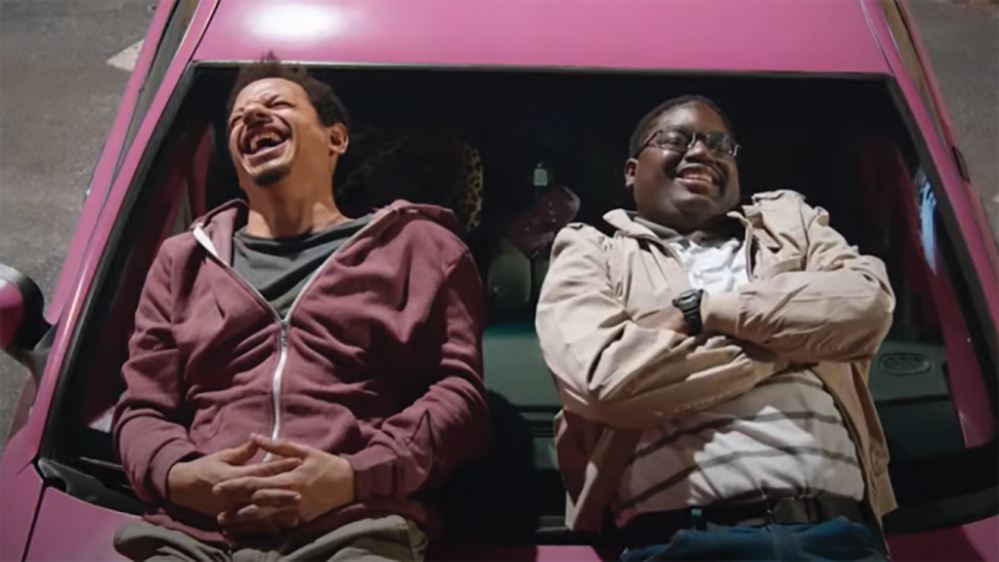★★☆☆☆
This article discusses depression and suicide. Please refer to the end of the article for resources on campus.
“Life Itself,” a new film written and directed by Dan Fogleman, is marketed as a heartwarming love story rather than a gruesomely honest catalogue of lost life. Watcher be warned, the cameras do not turn away from images of accidental death and suicide. Yet it is not the blood or gunshots that force the human psyche into spasm but rather the very real idea that tragedy spares no one.
The film aims for epic scale, reaching across generations and covering events in Spain and New York through a wide cast of characters. Presented with flashbacks of the relationship origins of future drug addict Will and his former partner Abby, the audience is yanked from present to past in a disorienting manner as we watch the couple’s rebellious child strain their marriage. Then, the narrative abruptly shifts to the Spanish countryside to cover a tangentially related soap-opera about an olive farmer, a love interest and a landowner.
Although it attempts to tackle serious subjects through a series of tragedies, “Life Itself” misses the mark largely because of the stereotypes it employs. The movie opens with a scene of Will, played by Oscar Isaac, ordering coffee while the narrator pointedly notes than he is “mentally unwell.” We later learn that he was “locked up” in an institution and now attends daily therapy sessions.
Will is childish, inappropriate, entirely self-consumed and unlikeable. It is clear that he suffers from depression, but he also seems to be suffering from schizophrenia as well. Here, mental illness is equated to cognitive disorders and rash thinking. Those who suffer from a mental illness may have cognitive difficulties as well, but this is far from the norm. Not to mention that the terms “locked up” and “insane asylum” are so antiquated and demeaning that it would be no surprise if the screenwriters were born pre-twentieth century.
The movie transitions from one tragedy to another by way of five chapters. Only in the closing scene do we learn that the plot derives from a book written by Will’s granddaughter. While breaking up the movie in this way makes sense in the context of this last scene, it otherwise ends up feeling disjointed and clumsy. The use of flashbacks further detracts from the flow of the story line.
Although the unsettling and unrealistic prevalence of death throughout “Life Itself” should leave a sour aftertaste in the viewer’s mouth, the movie ends on a positive note. Love is found, life is made, and laughter persists. There may be death, but there is also love to help guide those left behind. It is this last sentiment that draws tears from the audience. “Life Itself” is not a feel-good movie. It is not something you can watch passively or forget easily. Its cinematics are lacking and its characters are somewhat dry, but it does attempt to normalize the depiction of life’s most challenging themes.
However, the film’s good intentions do not counteract its glaring issues. Death and mental illness are not topics to be taken lightly. They require deft attention to detail and a sensitive approach when wrapped up in film form and ferried to the masses. There is little nuance to the depiction of death and “Life Itself” fails to provide insight into Will’s struggles with mental health. Instead, the film fumbles through these issues, favoring shock value and ill-conceived cinematic stereotypes to emotional authenticity. In an attempt to yank at the viewers’ heart strings, “Life Itself” commodifies tragedy and leaves the viewer reeling from a film oversaturated with contrived emotion.
To access mental health resources, reach out to Counseling and Psychiatric Services at 202-687-6985, or for after-hours emergencies, call 202-444-7243 and ask to speak to the on-call clinician. You can also reach out to Health Education Services at 202-687-8949. Both of these resources are confidential.














